
DECEMBER 2021 (VOL.170)
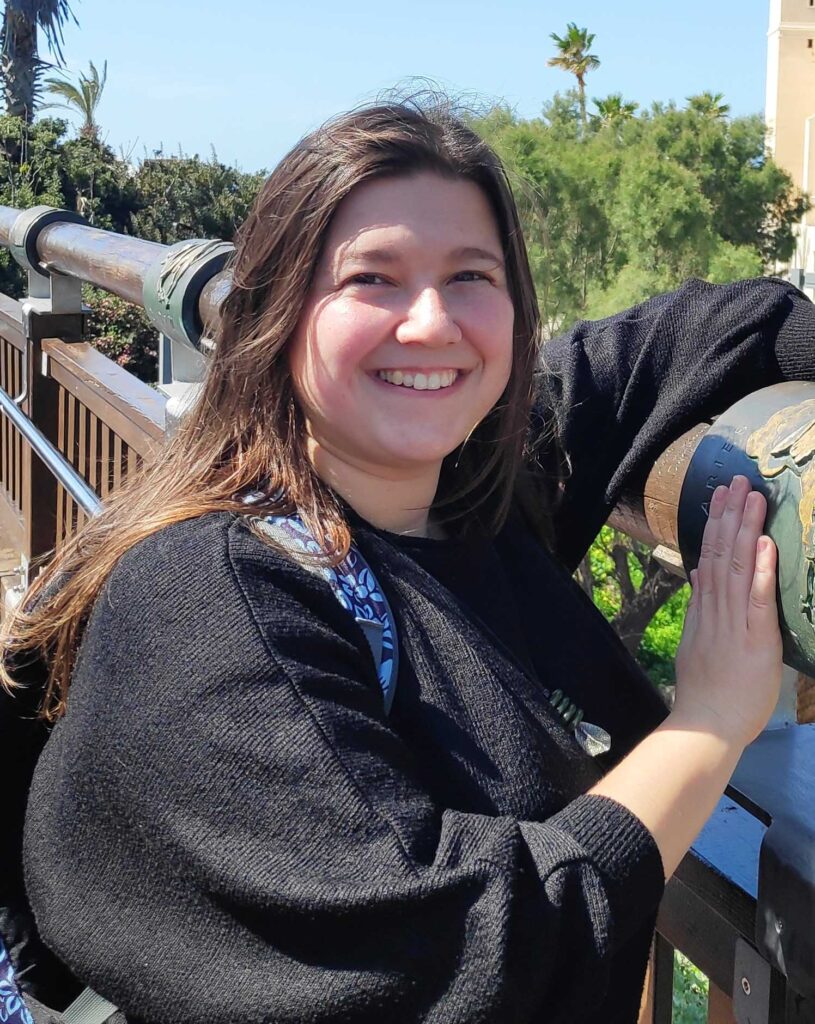
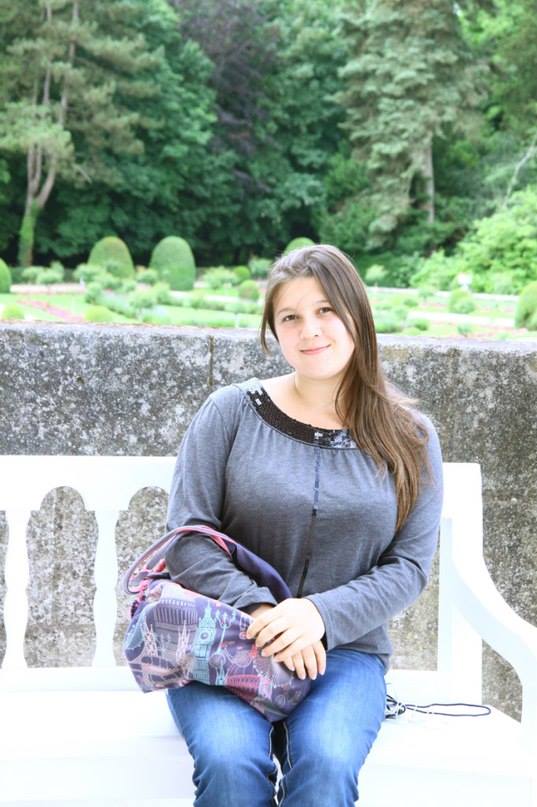
Can you talk about your job in Japan?
I’m doing research at the Nogami Memorial Noh Theater Research Institute of Hosei University. In 2020 I won the Japanese Government MEXT Scholarship, however, because of the pandemic I was not able to arrive in Japan any earlier than this July. It was a long year of waiting and now I’m extremely happy that I’m finally here. I love Japanese culture and art that is why I’m trying to visit exhibitions, art galleries, and theatres. I’m lucky enough as most of the public places are open now.
What do you think about the Japanese education system?
Since I’m not a regular student I can not comment on the whole education system. But I can say that I really appreciate the great work of Hosei University’s International Student Center. And I’m lucky enough to have an amazing research supervisor professor, Miyamoto Keizo. He is not just a wonderful lecturer and a great researcher, but also a very attentive mentor.
Why did you choose to live in Japan?
I’m doing research based on Japanese texts that can only be found in Japanese archives, thus I’m here for a year or a little bit more.
What is the distinctive difference between your country’s and Japanese lifestyle?
Compared with Israel, Japan seems to be a completely different world. And it is not just because of the different climate, multicultural citizens (the majority of the population are either immigrants or the children of immigrants), political=religious conflicts, or “hot temper” of Israelis, I think it is much more. I was born and raised in Russia, Moscow, but last four years I lived in Israel with my Jewish family from the father’s side. My multicultural experience has allowed me to become more open-minded. I feel this difference between the cultures first through the everyday routine. Japanese people have a different mindset, different patterns of communication in their everyday life. I should say it is closer to Russian culture than to Israeli.
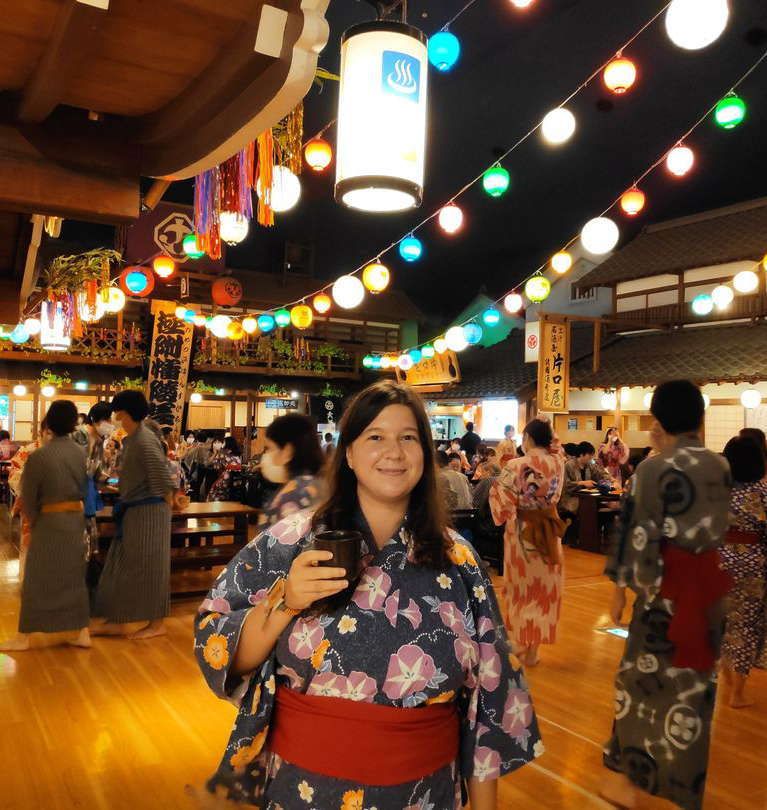
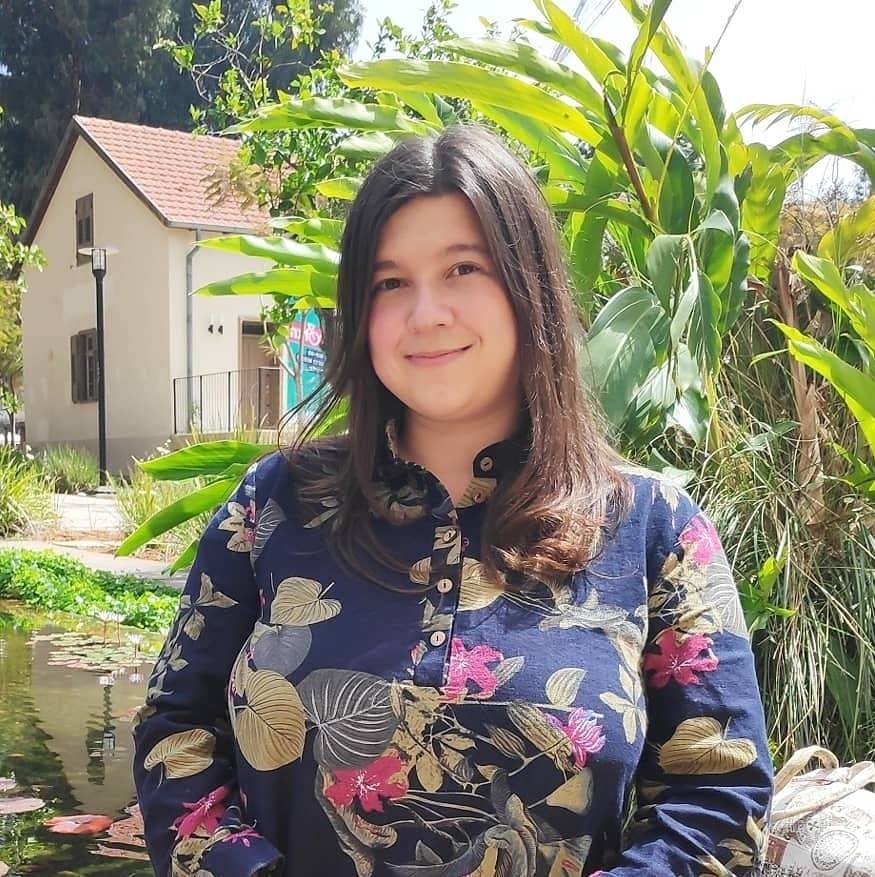
What do you appreciate most about Japanese culture?
I have been in love with Japanese culture since my childhood, so it is hard to choose. I love traditional art and music as much as I love contemporary popular music or anime and manga, and of course, food! Recently I got addicted to natto and mitarashi-dango, so I have no idea how I could live without them when I go back to Israel.
Which places in Japan do you recommend that foreigners see?
I’m sure that every foreigner who lived in Japan for quite a long time has their own list of “must-visit” places. This time, my third time in Japan, I live not in the heart of Tokyo, but near Saitama prefecture. I should say that there are a lot of nice places to visit in this prefecture, among which my favorite one is Kawagoe-city.
The last time when I lived in Japan during the year of an exchange program at Waseda University, I had a wonderful spring trip to Kyūshū where Nagasaki impressed me most among other beautiful cities from Kagoshima to Fukuoka.
Have you had any funny experiences since moving to Japan?
During the two weeks of quarantine period after I arrived in Japan, every day in the morning and evening, I was asked to come to the special desk on the first floor of my hotel to measure my temperature. Every time, I took an elevator from the 14th floor to the first one and back. On the last day, the Japanese man and a girl of about six entered the elevator with me. They stood right in front of the panel with buttons, the man pressed the required floor, and the girl asked him a couple of seconds later: “Dad, why isn’t there a 13th-floor button?”. It was that moment when I realized for the first time after two weeks, that there was no “13th-floor” button, even though I lived on the 14th floor.
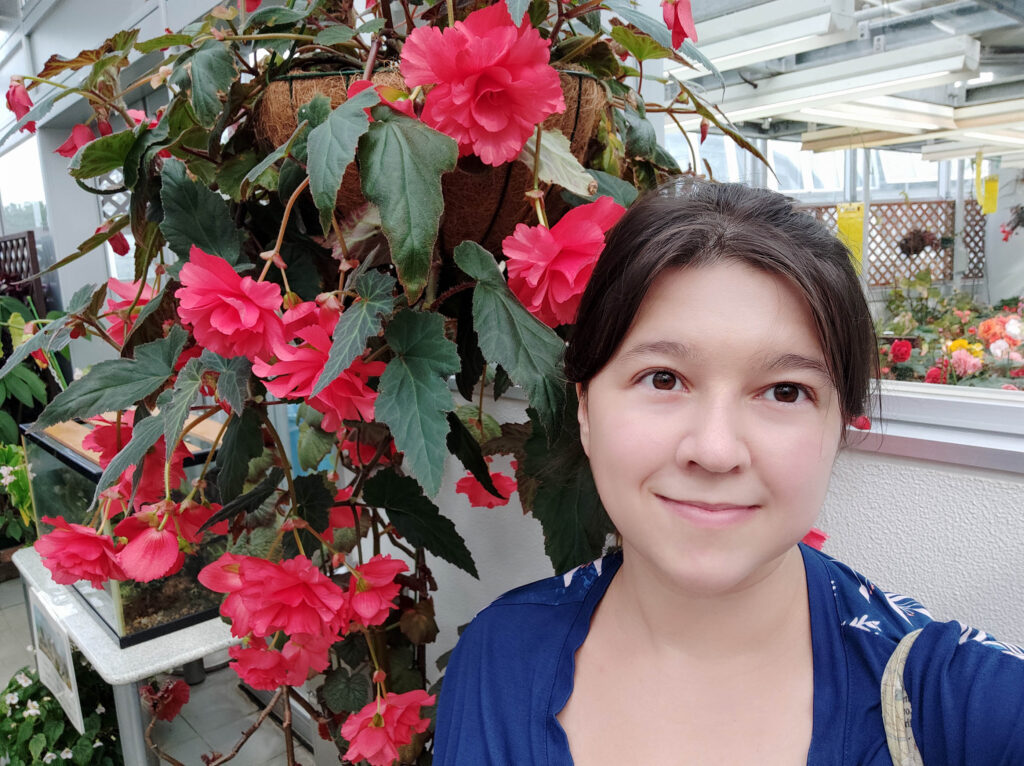
Would you like to live in Japan for the rest of your life, or do you think you will return to your home country? If so why?
If I could, I’d love to live in Japan for the rest of my life.

![[Japanese Interviews: Life in LA] Emi Nishimura Japan Screen Advocacy Founder](https://japanupmagazine.com/wp-content/uploads/2025/05/LifeinLA_Interview_thumbnail-150x150.jpg)


